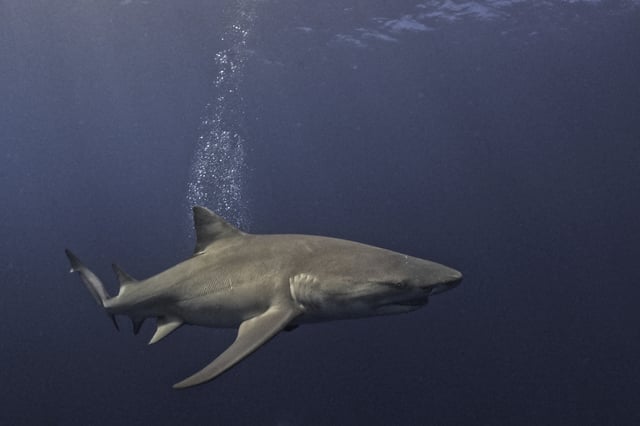Overview
- An international study found that 3–5% of shark bites globally are defensive reactions to perceived human aggression, not predatory attacks.
- Analysis of the Global Shark Attack Files identified 322 incidents likely motivated by self-defense, often triggered by activities like spearfishing or attempts to handle sharks.
- Defensive bites typically leave superficial, non-lethal wounds and occur without warning, underscoring the need for caution in human-shark interactions.
- Experts emphasize avoiding physical contact with sharks, including attempts to aid distressed animals, to prevent provoking defensive responses.
- Researchers urge media and the public to shift the narrative around shark bites, reducing fear-driven stereotypes and focusing on shared responsibility for safety.

